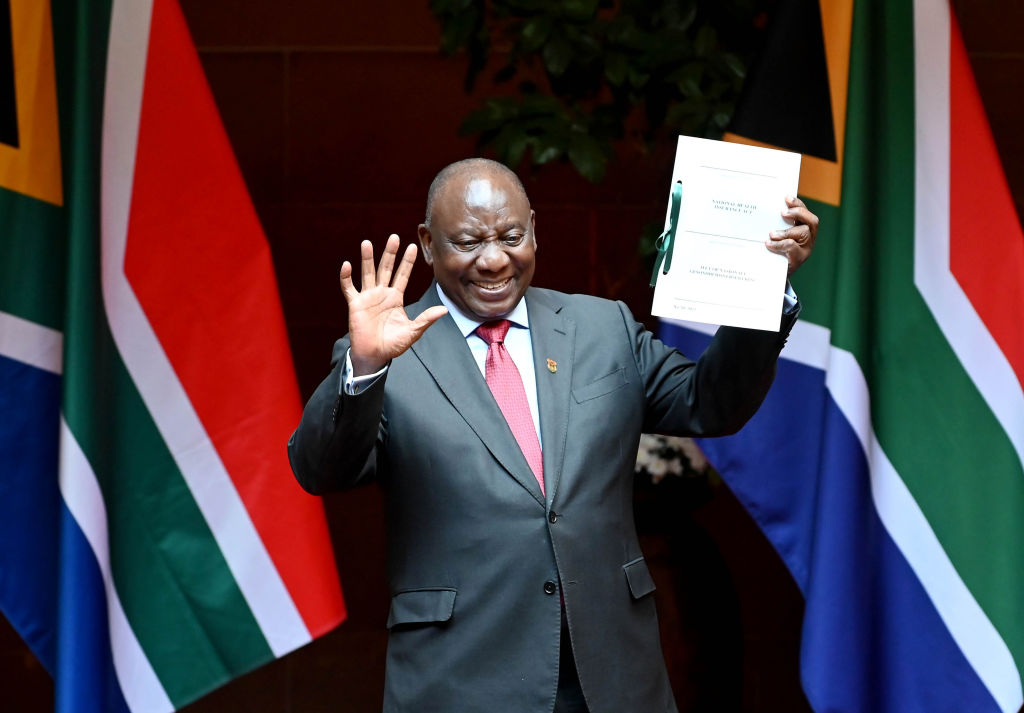President Cyril Ramaphosa has signed the contentious Basic Education Laws Amendment (BELA) Bill into law, sparking debate over its potential impact on mother-tongue education and school governance in the country.
President Cyril Ramaphosa signed the Basic Education Laws Amendment (BELA) Bill into law on September 13, 2024, marking a significant shift in South Africa’s education landscape.
The new legislation, aimed at addressing inequalities and improving educational standards, has been met with both support and fierce opposition, particularly concerning its provisions on language policy and school admissions.
A Landmark Bill with Controversial Provisions
The BELA Bill introduces a range of significant changes to South Africa’s education system. It grants the government authority over school admissions and the language of instruction, ensuring centralized regulation.
Loading...
The bill also tightens homeschooling regulations, requiring parents to follow stricter registration procedures. In cases where parents fail to ensure their child’s school attendance, they could face legal penalties, including jail time.
Another key provision is the introduction of Grade R as the compulsory school starting level for children aged four to five, shifting the entry age to earlier than before. The bill reinforces the abolition of corporal punishment, further solidifying South Africa’s commitment to a non-violent educational environment.
The African National Congress (ANC) has championed the bill as a necessary step toward addressing educational inequalities inherited from apartheid, especially in schools serving Black communities, which continue to lag in resources and outcomes compared to historically white institutions.
Language Policy at the Heart of the Debate
The most contentious aspect of the Bill — government’s increased control over language policies — has ignited backlash from coalition partners and civil rights groups.
The Democratic Alliance (DA), now a key member of the ruling Government of National Unity (GNU), has criticized the bill for undermining the right to mother-tongue education, particularly in schools where Afrikaans is the medium of instruction.
John Steenhuisen, leader of the DA, argued that the bill, while targeting underperforming schools, unfairly penalizes well-functioning institutions, particularly those offering instruction in Afrikaans.
“Successful single-medium Afrikaans schools are under continuous pressure to accept learners who want English instruction, while single-medium English schools face no such demands,” adds Alana Bailey, Head of Cultural Affairs at AfriForum.
The Case for Centralization
The ANC’s defense of the language provisions is rooted in its argument that some schools have used language policies to exclude learners, especially Black students.
“The BELA Bill seeks to ensure that every South African child, regardless of race or background, has equal access to quality education,” said ANC Member of Parliament Elleck Nchabeleng, who chairs the Parliamentary Portfolio Committee on Basic Education.
However, critics argue that this approach risks erasing cultural diversity in schools. Afrika Tikkun, a leading youth development organization, supports the bill’s goals but cautions that it must not come at the expense of local autonomy and cultural sensitivity.
Navigating the Future of South African Education
The passing of the bill has exposed reported rifts within the GNU, with President Ramaphosa facing accusations of unilaterally pushing through the legislation without adequately consulting coalition partners.
As the government moves forward with its implementation, the next three months of consultations on language and admission policies will prove critical. While it holds promise in addressing historic inequalities, its success will depend on how well the government balances the need for standardization with the importance of preserving South Africa’s rich linguistic and cultural diversity.
Loading...
